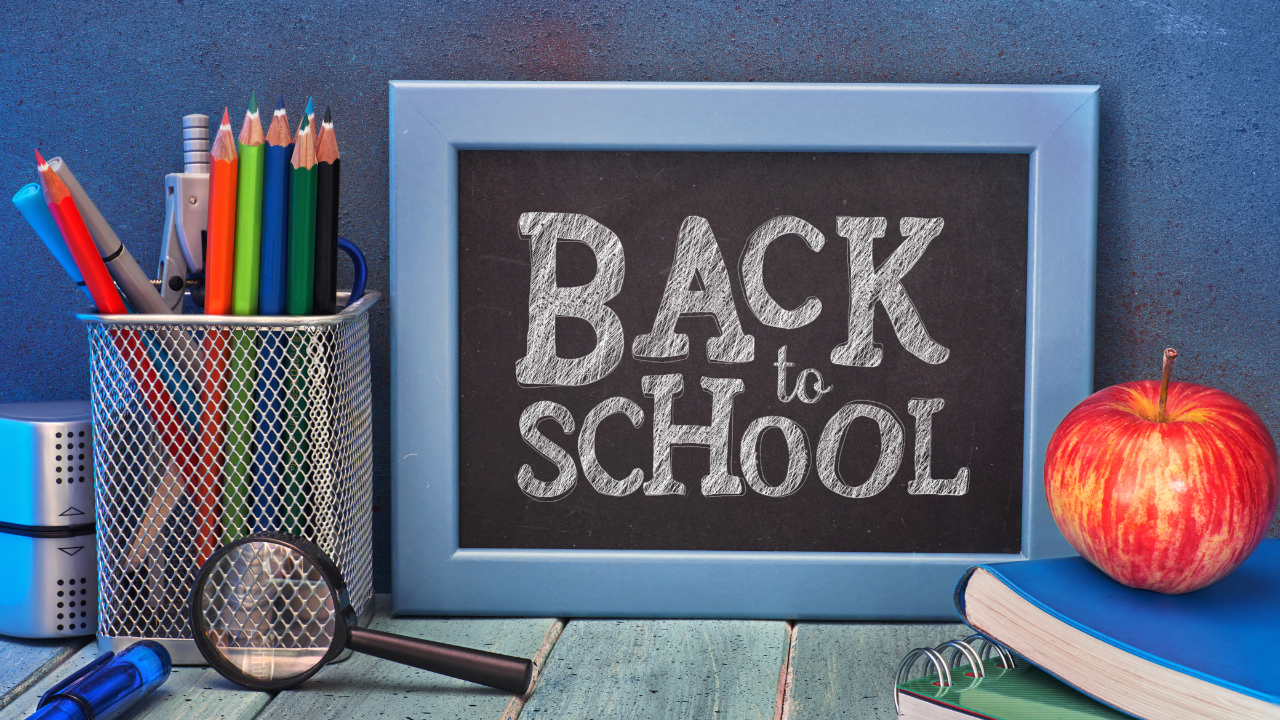Back-to-School Mental Health Tips: How Parents Can Support a Smooth Transition for Teens

As summer winds down and school supplies start filling shopping carts, many families begin to feel the anticipation and sometimes anxiety that comes with the back-to-school season. For teens, returning to school can bring a whirlwind of emotions: excitement about seeing friends, dread over academic pressure, or worries about social dynamics and performance expectations. Research published in the Journal of Adolescent Health shows that transitions like the start of a new school year are key stress points for teens, especially those who struggle with anxiety or depression.
The good news is that with mindful support from parents and caregivers, this transition doesn’t have to feel overwhelming. That’s why we’re sharing practical, research-backed tips to help your teen feel emotionally supported and mentally prepared for a healthy return to school. We’re also including a free downloadable Back-to-School Mental Health Checklist for Teens & Parents to help you put these ideas into action.
6 Practical Tips to Support Your Teen’s Mental Health
Start Easing Into a Routine Early
One of the biggest stressors for teens is the sudden shift from relaxed summer schedules to early mornings, packed days, and evening homework. Help your teen adjust gradually by shifting wake-up and bedtimes earlier about one to two weeks before school starts.
Encourage them to create a morning routine that includes time for hygiene, breakfast, and a few minutes of calm. Consistency helps regulate the body’s circadian rhythm, which plays a key role in mood and focus.
Tip: Work with your teen to set up their routine. They’re more likely to stick with it when they feel involved.
Validate Their Emotions Without Trying to Fix Everything
Teens may feel anxious, irritable, or withdrawn leading up to school. Instead of trying to fix these emotions or brushing them off, try validating what they are feeling.
Say things like, “It makes sense that you’re feeling nervous about school starting.” This helps your teen feel seen and heard, which builds trust and supports emotional regulation.
Create a Calm, Organized Study Space
A cluttered or overstimulating environment can increase stress and reduce focus. Work with your teen to set up a study space that feels calm and personal but is free from distractions. Make sure they have comfortable seating, good lighting, and the supplies they need to feel prepared. Encourage short breaks and movement to reduce mental fatigue and help with concentration.
Normalize Anxiety and Teach Coping Skills
Remind your teen that some stress is normal during times of change. Teach them practical ways to cope when those feelings come up. Ideas include deep breathing or grounding exercises, positive self-talk like “I’ve handled first days before, I can do it again,” journaling, or going for a walk to reset. Try practicing some of these together so they feel more comfortable using them when they need them.
Prioritize Sleep, Nutrition, and Movement
The basics are key during the back-to-school transition. Teens need eight to ten hours of sleep each night. Balanced meals and snacks help fuel focus and stabilize moods. Daily movement, even a short walk, can boost energy and reduce stress. These small habits can make a big difference in your teen’s overall well-being.
Stay Curious and Connected
Teens need both independence and connection with you. Make time for relaxed check-ins, whether that’s in the car, during dinner, or before bed. Ask open-ended questions like, “What’s something you’re looking forward to this week?” or “Is there anything about school that’s on your mind?” These small moments help build trust and make it more likely your teen will come to you when they need support.
Download Your Free Back-to-School Mental Health Checklist
Want to make these tips easier to use? Download our free Back-to-School Mental Health Checklist for Teens & Parents. This simple, printable guide includes:
✔️ A daily routine planner
✔️ Easy coping tools for stress
✔️ Conversation starters for connection
✔️ Healthy habit reminders
✔️ Signs to look for if more support is needed
Use this checklist as a practical way to stay organized and help your teen feel more balanced and prepared for the year ahead.
👉 Download Your Free Checklist Here
Red Flags to Watch For
While some stress is normal, it’s important to know when your teen might need extra help. Watch for:
- Ongoing mood changes or irritability
- Pulling away from friends or family
- Big changes in sleep or eating habits
- A sudden drop in grades
- Frequent headaches, stomachaches, or other physical complaints
If these signs last more than a couple of weeks or affect daily life, it may be time to reach out for professional support.
Simply Bee Is Here to Help
This time of year is a great opportunity to set the stage for growth, balance, and connection. But you don’t have to handle it alone.
At Simply Bee, our therapists specialize in helping teens build resilience, manage anxiety, develop confidence, and handle school stress in a safe, supportive environment. Whether your teen needs just a few sessions to ease the transition or more structured support through our Adolescent Intensive Outpatient Program (IOP), our team is here to help with compassion and expertise.
📞 Contact Simply Bee today to learn more about our adolescent therapy services and schedule a free consultation. Let’s make this school year one of healthy growth and connection, together.

